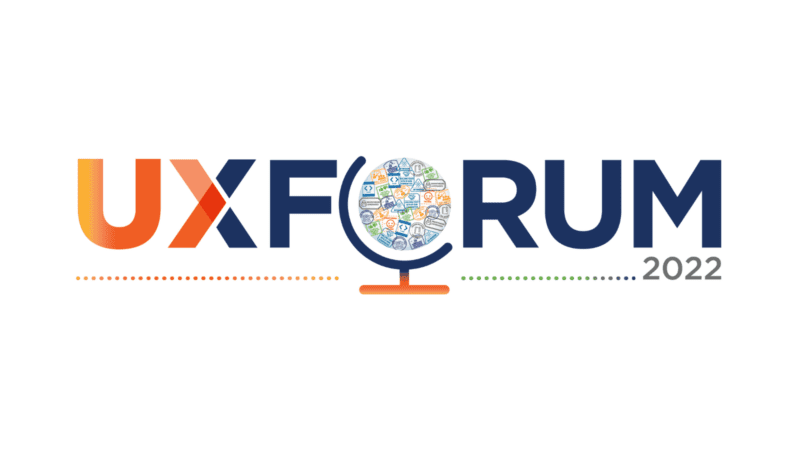During the fourth day of Internews’ 2022 UXForum we continued exploring human-rights centered design in the open source privacy and security community.
Highlights from Day 04 of the 2022 UXForum included:
- An introduction to job stories, a way to synthesize numerous personas and user journeys into digestible product development resources.
- An affinity space for women, gender-nonconforming, and transgender folks who are People of Colour and/or from the Majority World.
- A session exploring lessons learned while collecting feedback on Psiphon and KeePassXC in Uganda.
- An overview of basic accessibility testing, according to criteria outlined in the WCAG 2.1 standard.
- A Human Rights Centered Design community meet-up.
- A wellness session focused on expression through art.
- An introduction to development roadmaps and an exploration of external factors impacting priorities.
- An overview of Círculo, an easy-to-use app that provides a fast and secure way to send alerts.
Key takeaways from the discussions included:
Development teams can be easily overwhelmed by the large number of user personas available. Job stories help capture the scenario and the specific tasks or workflows the user is attempting to complete. These stories focus on what the user is trying to accomplish, in addition to providing some basic demographic or contextual information.
Marketing is a challenge for many open source privacy and security tools. At-risk users are not aware of tools, and even when they are aware, they often have a limited understanding of the specific security functions and features. Tool teams should invest more in advertising and awareness-raising.
Forget the mouse when testing the accessibility of your tool or platform. You’ll be surprised how reliant we are on the mouse. Instead, try navigating with only the keyboard.
Funding agreements supporting tool development need to be more flexible. Teams need space and resources to conduct user testing and then iterate plans based on the feedback. Strict agreements that focus solely on deliverables or pre-determined development plans can prevent tool teams from operationalizing critical user feedback for fear of upsetting the funder or jeopardizing the partnership.
There are many external factors that impact a tool team’s development roadmap, including: timelines, budget, technical capabilities, feasibility of the request, and developer availability. Sharing your tool’s roadmap publicly can make it easier for users to give tailored feedback and reporting back about improvements made based on user feedback can encourage and motivate those who are sharing experiences and recommendations.
Check back here for a daily recap of UXForum learnings, and to learn more about Internews’ usability work, visit https://usable.tools/!
